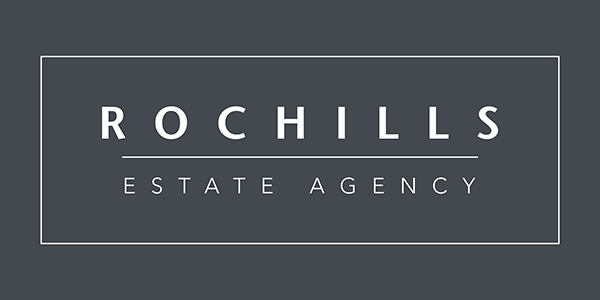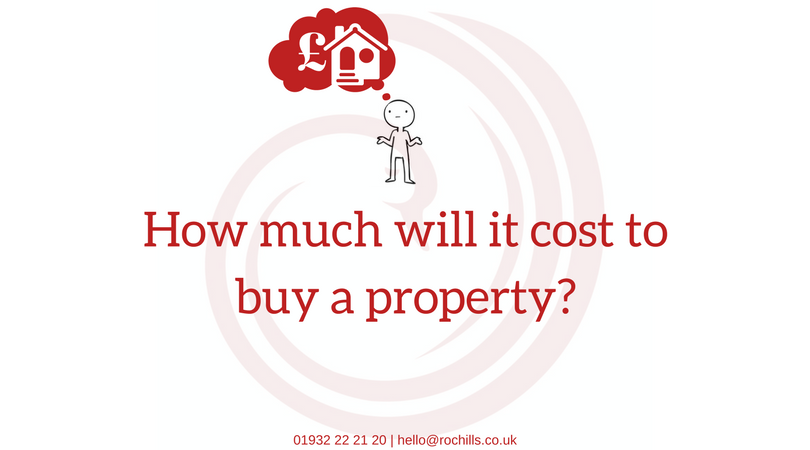There are lots of hidden costs that can add more than 10% to the total bill, which you need to factor in to your buying budget. Maintaining a property also costs more than many former rental tenants can expect. If you are not prepared for these costs, the first few years of owning your own home can be a struggle.
Buying your home is the overwhelming initial cost, of course, but there are many other costs which are rather hidden until you start the process of buying. Let’s set them out so you can factor in these costs:
Stamp duty
This can an add thousands of pounds to the cost of buying a home. Stamp duty is a government tax on homes costing £125,001 or more. First time buyers are exempt from the tax on the first £300,000 for properties worth up to £500,000.
Solicitors
Conveyancing is the legal process required when buying a property, including various local searches so your conveyancing solicitor can flag up any local issues you need to be aware of, and registering change of ownership with the Land Registry. Their cost also depends on the value of the home you are buying, whether it is freehold or leasehold and the local searches you get done. Legal costs can range from £500 to £1500, plus £250-450 for expenses.
The survey
It’s well worth getting a professional survey of the state of the property’s construction and state before you buy it. Surveys can prove costly depending on what type of survey you have.
Bank valuation fees
Your bank or lender will want to conduct a valuation of their own. This doesn’t look at the condition of the property but is produced for the lender who wants to know the property is worth at least what they are lending you. Some don’t charge a mortgage valuation fee but if they do they are usually around £200.
Mortgage set up fees
These fees are often charged by mortgage companies, and can range from a few hundred pounds to 1% of the mortgage, although the average is £1000. Some lenders insist you pay the fees up front which means you won’t be paying interest on it; others add it to the mortgage, which might be better if you can’t afford yet another financial outlay at the time of buying your home.
Mortgage broker fees
We recommend using a mortgage broker as they can find you the best deal from a wide selection of lenders. Some mortgage brokers charge no fee, while others charge between a few hundred pounds up to 1% of your mortgage. For fee-free mortgage advice we have teamed up with London and Country.
Check out today’s best deals, how much you can afford to borrow and request a call back from a broker here
Life Insurance
This is often required by your solicitors who will need to see evidence of life insurance being in place prior to exchange and completion. It provides a source of money your family can rely on to cover any debt such as a mortgage in the event of your death. Many people purchase it when they take out a mortgage, but you should watch for the commission and cancellation fee.
Removals costs
If you have little furniture and energetic friends, we advice you do this as it’s often for free! But if you have a lot, then hiring a professional removals firm can cost anywhere from £350 to many thousands of pounds, depending on the size of your house and how far you are moving. Hiring a man or two and a van might be a more reasonable way forward
· Large bits of furniture and white goods – unless you are prepared to sleep on the floor and drink warm milk, you will need a bed and a fridge, and all the other furniture. It is possible to cut costs buying second hand, but it is easy to spend thousands and the sky is the limit
· Redecoration – few new homes need no work done to them. Most need some redecoration or other minor building works. Doing it yourself can cut costs, but most new homeowners spend far more than they expect on doing up their new place. Again, how much you spend completely depends on how much work you are having done.
The Hidden Costs of Owning a Property
Once you have moved into a property, it obviously isn’t just the mortgage you have to worry about committing to. There’s all those other bills and outgoings:
Utilities such as water, gas and electricity bills can be expensive monthly costs, adding up to a few hundred pounds a month for large properties. They are pretty much impossible to avoid, although energy bills can often be reduced.
· Council tax has to be paid by occupants of properties, and can range from a couple of hundred pounds a year for a small property in low cost local authorities to several thousand for bigger houses in expensive councils
· Buildings as well contents insurance can come to anywhere between a few hundred and thousands of pounds a year, depending upon what you are insuring, how much your home is worth, when it was built and from what material, the rebuilding costs, the locks on your doors, your job etc.
· Ground rent & service charge on leasehold properties– if you have bought a leasehold property, you may have to pay an annual ground rent and service charge to the freeholder. You may also be liable for special contributions to work on common areas or the structure of the building (such as a new roof).
· Service charges – If you live in a serviced apartment, you may have a regular service charge to pay
· Residents’ parking – in many towns and cities, you have to pay an annual fee to be allowed to park your car in the street, and then buy permits for your visitors
· Maintenance and building work – repairing the roof, redoing the wiring, or fixing subsidence all add major costs. If the boiler kicks in, there is a leak, or the fridge packs in, you will need to pay
· TV, broadband, cable and telephone add to the monthly bills
For more free advice and updates on the local property market, join the Walton Property Community on Facebook or check out our video advice library on our YouTube channel here.




